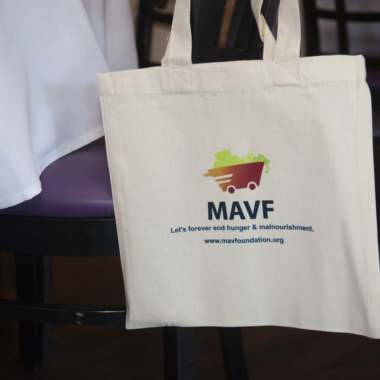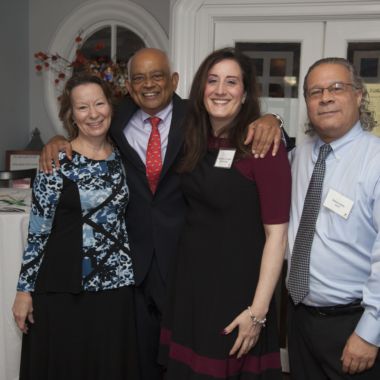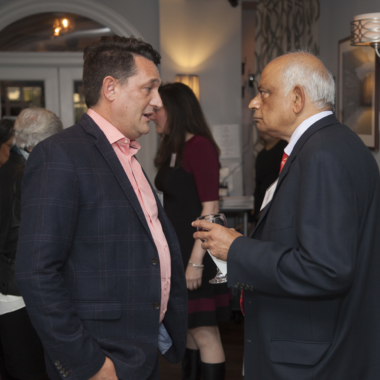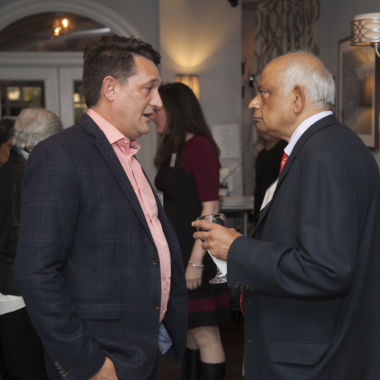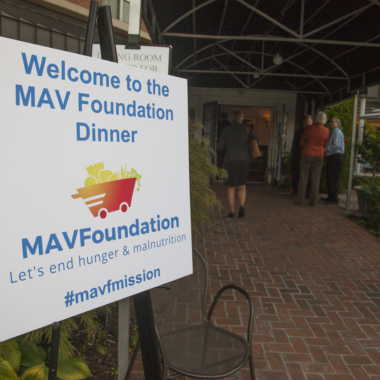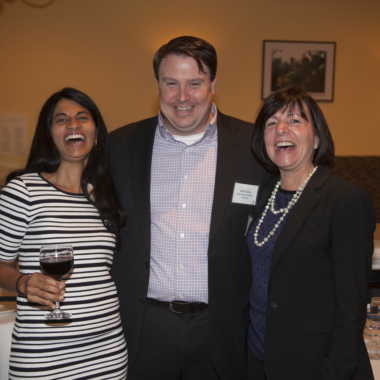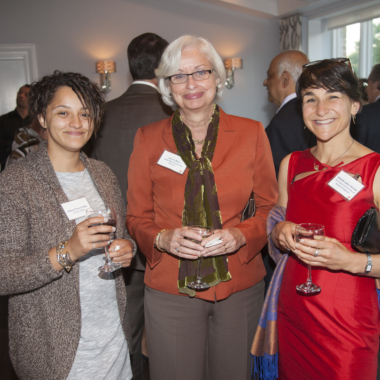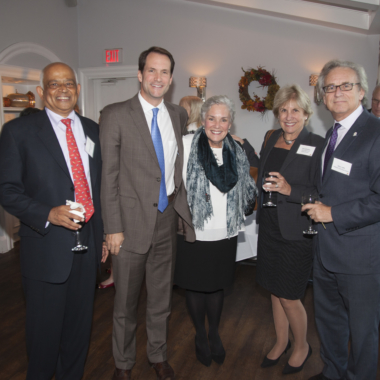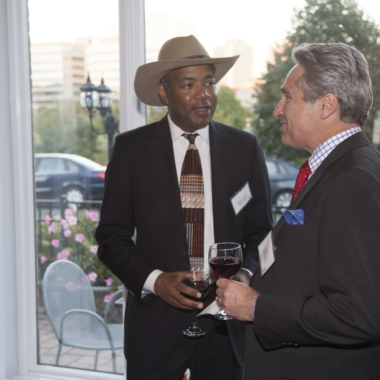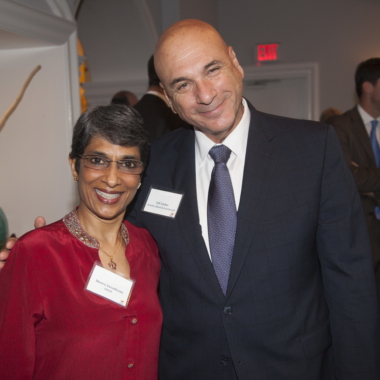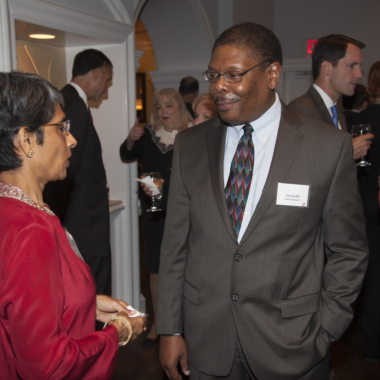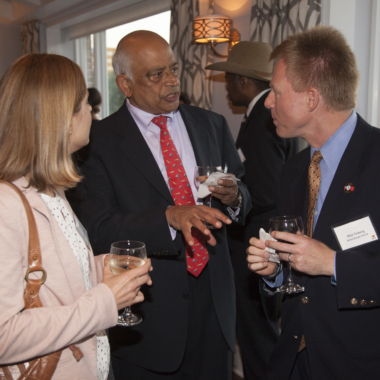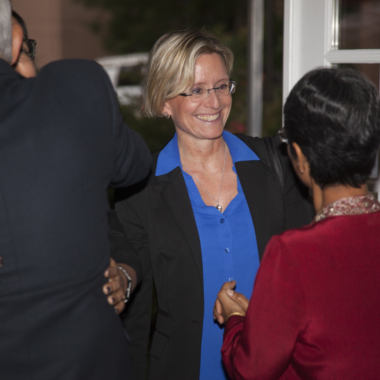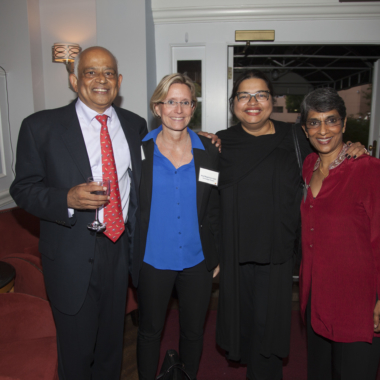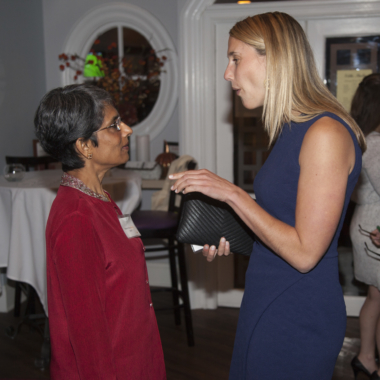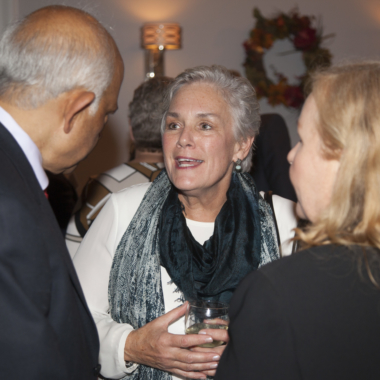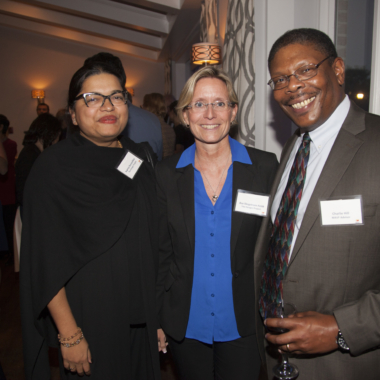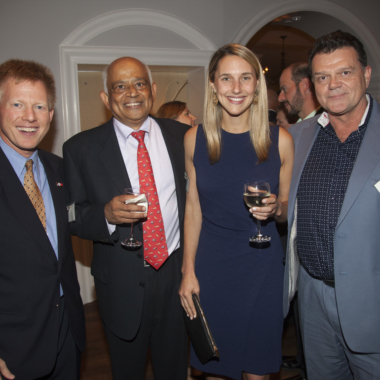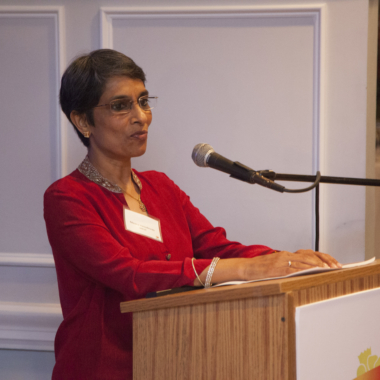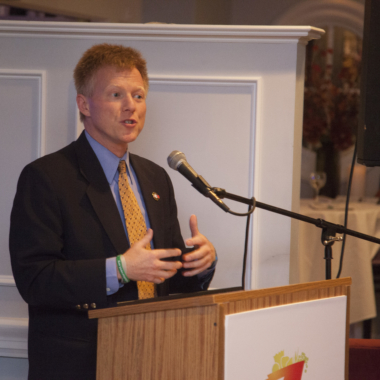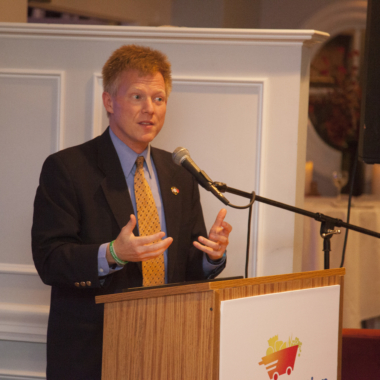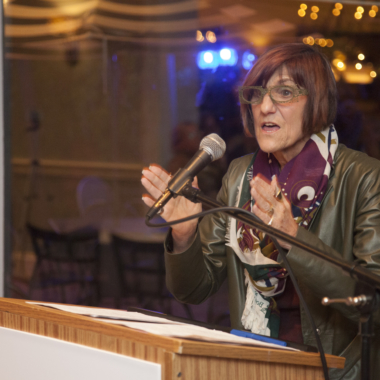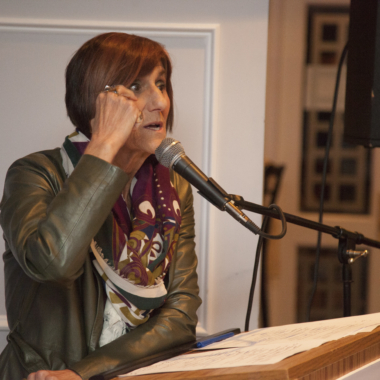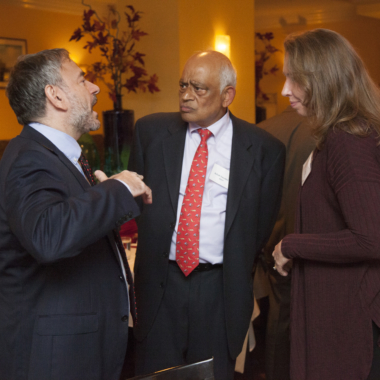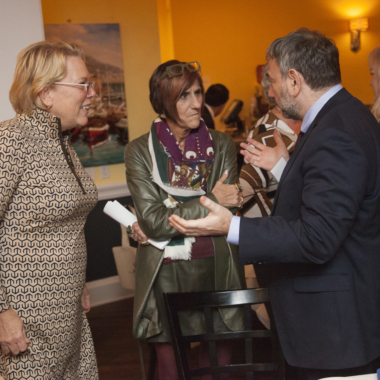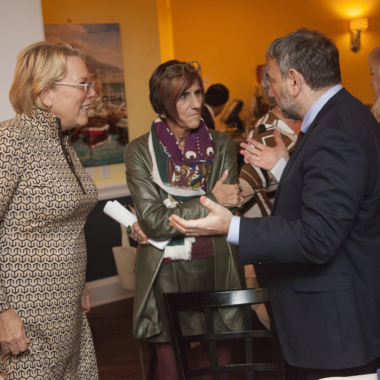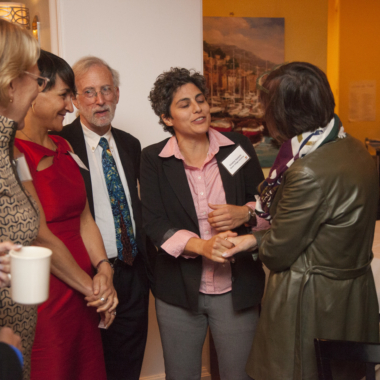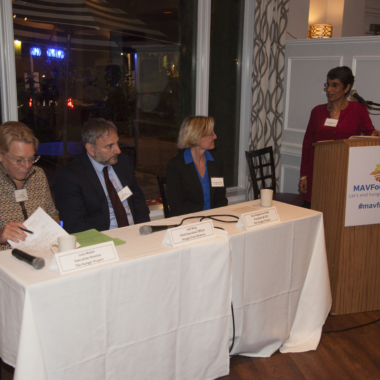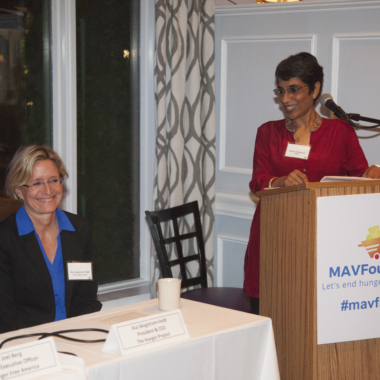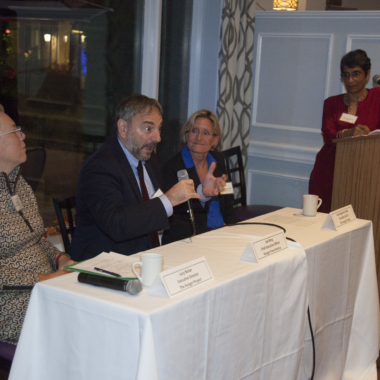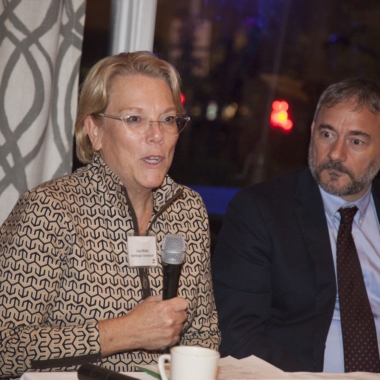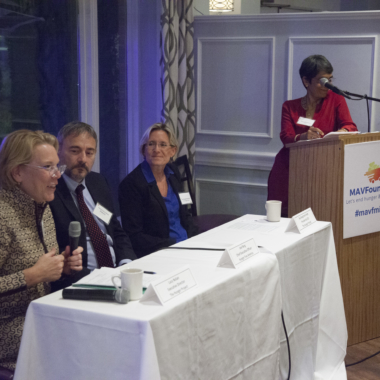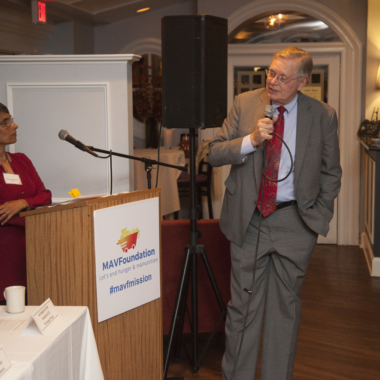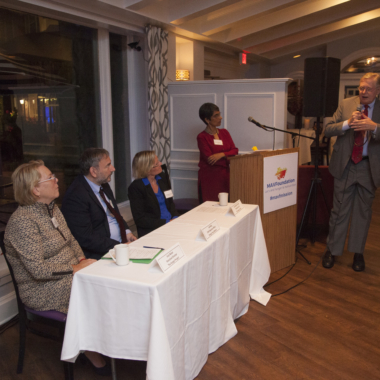MAVF 1st Annual Event- Stamford CT
The 1st MAVF Annual Event was held on October 6th 2016 in Stamford CT. A host of anti-hunger experts, politicos and hunger agency heads attended. The conversations were lively, informative, challenging, thought provoking and yes-inspiring.
The speakers, leaders in the hunger movement both nationally and internationally, shared their views on the current status of hunger and how best to work together to solve this problem.
To view the digital brochure which contains images and the full text of the speeches click on the brochure image on the left. The bottom left allows you to scroll through all pages.
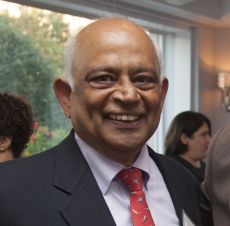
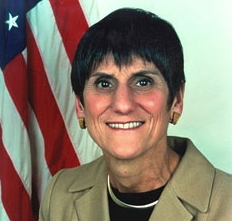
Congresswoman Rosa DeLauro
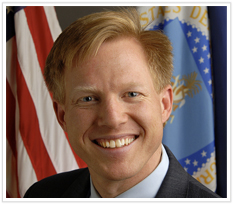
Max Finberg is currently the Director of AmeriCorps VISTA, the Volunteers in Service to America national service program that seeks to overcome poverty. He has previously served at the White House, the Departments of Agriculture and State, the Alliance to End Hunger, the U.S. House of Representatives and the Congressional Hunger Center. He and his wife Kate are grateful that their children eat three healthy meals a day and want all kids to be able to do so.
Following the keynote speeches was a panel discussion with speaker backgrounds that included a global perspective (Åsa Skogström-Feldt), a national policy perspective (Joel Berg) and local state expertise (Lucy Nolan). The panel was moderated by MAVF Co-Founder, Meera Vasudevan.
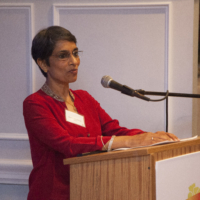

Lucy Nolan
Executive Director
End Hunger Connecticut!
“What End Hunger CT! has done and really worked hard to do is what is called After the Bell Breakfast and that’s when school starts. There’s something called grab and go breakfast and it is unbelievably fabulous. The kids walk in, their breakfast is there, the milk is there and they pick it up and they take it into their classroom, they all sit around with their teacher and their classmates, they’re reading, they’re talking, they’re going through the day.
The first school breakfast grab and go, the only grab and go in Stamford, was at the high school and it did really well until a new school principal came in this year and cut down the time by 20 minutes. And it has significantly decreased.
So I’m just letting you know. It really shows that just even something like that, a small cut in time, can effect a program significantly.”

Joel Berg
CEO
Hunger Free America
Q: Joel, what have been some of the best examples of our government’s
policies to successfully eradicate hunger and malnourishment? How have you been personally involved in crafting or influencing some of these policies?
A: “The work we’ve done to increase participation in this program is
tremendous in New York City, when I started SNAP participation was
about 798,000 people.
We advocated it and we did benefits outreach, we raised it a million extra people, not because we want more people on the dole, but because hungry people needed this help. They were working, but not earning enough to feed their families. With that we increased federal spending in NYC by at least 1.5 Billion to 2 Billion dollars a year.
Even a dollar increase in wages, working 35 hours a week, that’s 35 bucks in someone’s pocket, thousands of dollars over the year without a penny of taxpayer spending. This stuff works. And people say, ‘Oh Joel, public policy is too hard, how can we solve hunger without influencing public policy.’ And my answer is quite simple – that’s like asking how you can solve drought without water.
Advocacy works.”

Åsa Skogström Feldt
President & CEO
The Hunger Project
Q: Åsa, what have you learned about communities and the impact
governments can have in the fight to eradicate hunger and malnourishment?Any best case examples? Any lessons for all of us?
A: “Right now we are working in partnership with villages in Africa, South Asia and Latin America, in 20,000 villages and what we have learned over the years is that to create and support the sustainable end of hunger, we really need to get to the root causes. We need to put people in the center of their own development and think about all the support and the factors that we can give so that they themselves can be actors.
Hunger is about education, hunger is about healthcare, hunger and malnutrition is about having access to clean water, it’s about having proper sanitation, it’s about all the basic needs that we have agreed upon and should be there and should be met for everyone.”


